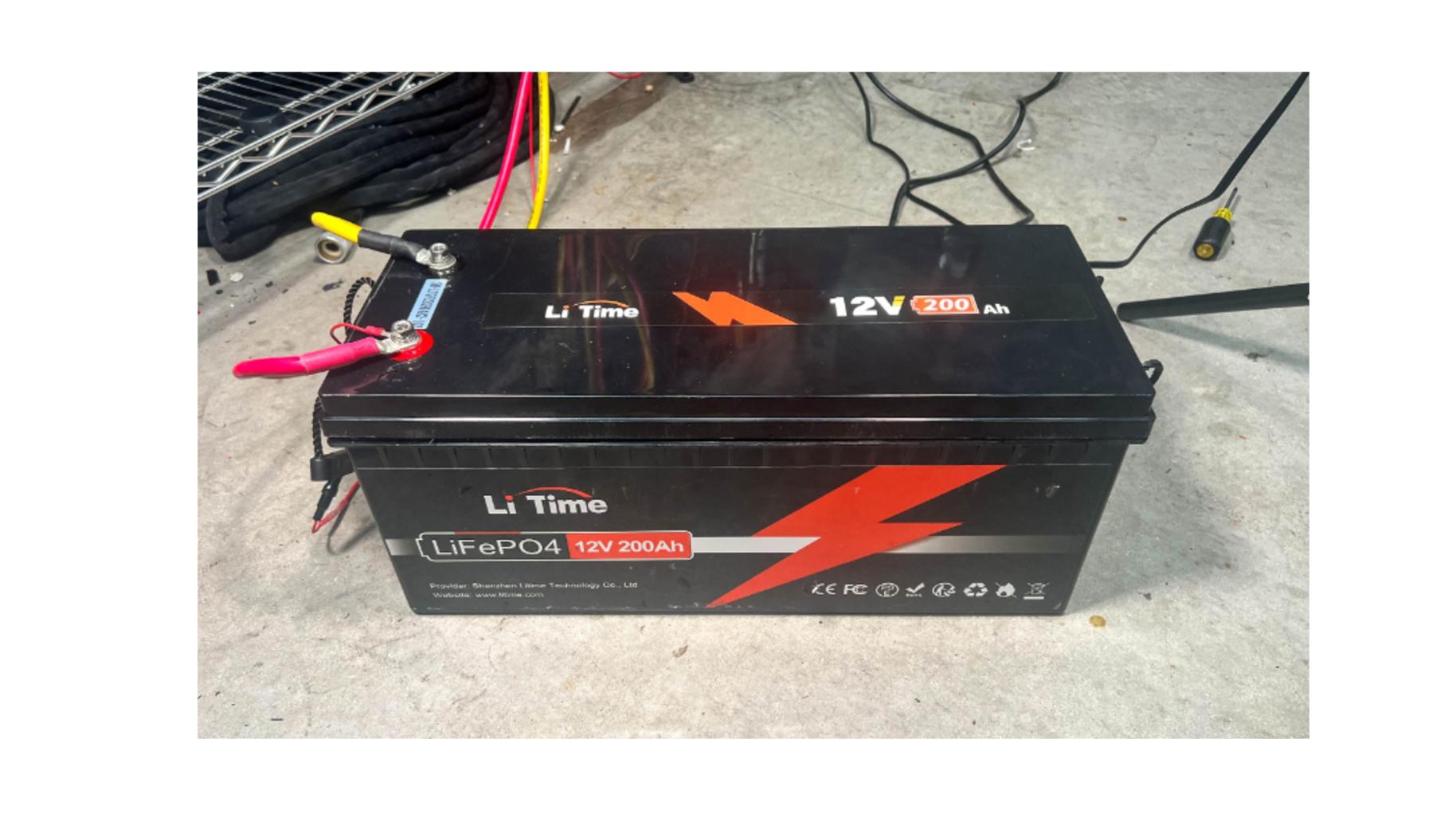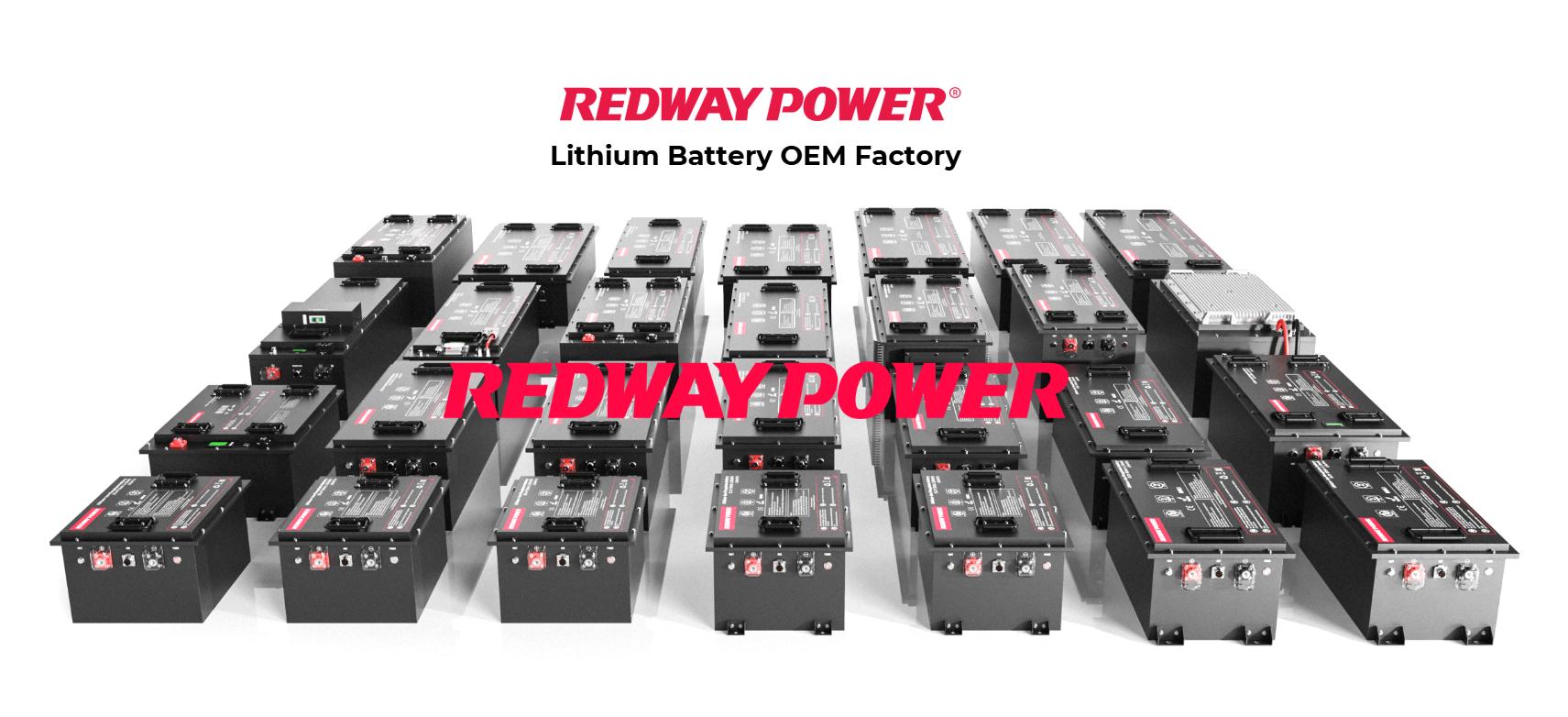LiTime’s recommendations for lithium marine deep cycle batteries highlight a significant shift from traditional lead-acid options, emphasizing longer lifespan, lighter weight, and superior performance. These advancements cater to boating enthusiasts seeking reliable and efficient power solutions for their vessels, ultimately enhancing their on-water experience.
How do lithium marine deep cycle batteries compare to traditional lead-acid batteries?
Lithium marine deep cycle batteries offer several advantages over traditional lead-acid batteries. They typically last 2 to 4 times longer, with some models providing up to 10,000 cycles compared to the 300–500 cycles of lead-acid batteries. Additionally, lithium batteries are lighter, reducing overall boat weight and improving fuel efficiency.Comparison Chart
| Feature | Lithium Marine Batteries | Lead-Acid Batteries |
|---|---|---|
| Lifespan | Up to 10,000 cycles | 300–500 cycles |
| Weight | Up to 70% lighter | Heavier |
| Maintenance | Maintenance-free | Requires regular maintenance |
| Depth of Discharge | Up to 80% | Limited to 50% |
What are the advantages of using lithium marine batteries?
Lithium marine batteries provide numerous benefits:
- Longer Lifespan: They last significantly longer than lead-acid batteries, reducing replacement frequency.
- Faster Charging: Lithium batteries can charge up to five times faster than their lead-acid counterparts.
- Weight Reduction: Their lightweight nature allows for better handling and fuel efficiency on boats.
- No Maintenance: Unlike lead-acid batteries, lithium options do not require regular maintenance like water checks.
- Eco-Friendly: They do not contain toxic materials like lead, making them a safer choice for the environment.
Advantages Chart
| Advantage | Description |
|---|---|
| Lifespan | Lasts up to 10 years or more |
| Charging Speed | Charges up to 5 times faster |
| Weight | Up to 70% lighter than lead-acid |
| Maintenance | No need for regular upkeep |
| Environmental Impact | Non-toxic materials |
How should consumers choose the right lithium marine battery?
When selecting a lithium marine battery, consumers should consider:
- Application Needs: Identify whether the battery will be used for starting engines, running electronics, or powering trolling motors.
- Capacity Requirements: Determine the required amp-hour (Ah) rating based on usage patterns and equipment demands.
- Voltage Configuration: Choose between different voltage options (12V, 24V, 36V) depending on the boat’s electrical system.
- Brand Reputation: Opt for reputable brands like LiTime that offer warranties and customer support.
- Budget Constraints: While initial costs may be higher, consider long-term savings on replacements and maintenance.
What types of lithium marine batteries are available?
There are several types of lithium marine batteries tailored for specific applications:
- Deep Cycle Batteries: Designed for sustained energy output over long periods, ideal for powering trolling motors and electronics.
- Starting Batteries: Provide high bursts of energy needed for starting engines.
- Hybrid Batteries: Combine features of both deep cycle and starting batteries for versatile use.
- High Voltage Options: Available in configurations like 24V or 36V for specific applications such as electric outboard motors.
Why are lithium batteries considered more environmentally friendly?
Lithium batteries are more environmentally friendly than lead-acid batteries due to several factors:
- Reduced Toxicity: They do not contain harmful materials like lead or sulfuric acid.
- Recyclability: Many components in lithium batteries can be recycled effectively, minimizing waste.
- Lower Emissions: The increased efficiency and longevity reduce overall emissions associated with battery production and disposal.
- Sustainability Initiatives: Manufacturers are increasingly adopting sustainable practices in battery production.
How can users ensure optimal performance from their lithium marine batteries?
To maximize the performance and lifespan of lithium marine batteries:
- Regular Monitoring: Use smart technology or apps to monitor battery status and health.
- Proper Charging Practices: Use compatible chargers designed specifically for lithium-ion technology.
- Avoid Deep Discharges: While they can handle deep discharges better than lead-acid, it’s best to avoid regularly depleting them below 20%.
- Temperature Management: Store and operate within recommended temperature ranges to prevent damage.
Expert Comment Section – Redway Expert Views
“LiTime’s advancements in lithium marine battery technology represent a significant leap forward in boating power solutions,” states an industry expert from Redway Technologies. “Their focus on longevity, safety, and environmental impact aligns perfectly with modern boating needs, making them an excellent choice for enthusiasts looking to enhance their experience on the water.”
Industrial News
Recent updates in the lithium marine battery sector highlight significant developments:
- LiTime has launched a new line of high-performance lithium deep cycle batteries designed specifically for marine applications.
- The growing trend towards electric propulsion in boats is driving demand for efficient energy storage solutions.
- Industry experts predict that as technology improves, prices for lithium marine batteries will continue to decrease, making them more accessible to consumers.
Frequently Asked Questions
- Q1: What is the lifespan of a lithium marine battery compared to a lead-acid battery?
A1: Lithium marine batteries can last up to 10 years or more, while lead-acid typically lasts only 3–5 years. - Q2: Are there any maintenance requirements for lithium marine batteries?
A2: No, lithium marine batteries are maintenance-free unlike lead-acid counterparts that require regular checks on water levels. - Q3: How do I choose the right capacity for my needs?
A3: Assess your power requirements based on your equipment usage and select a battery with an appropriate amp-hour (Ah) rating.





